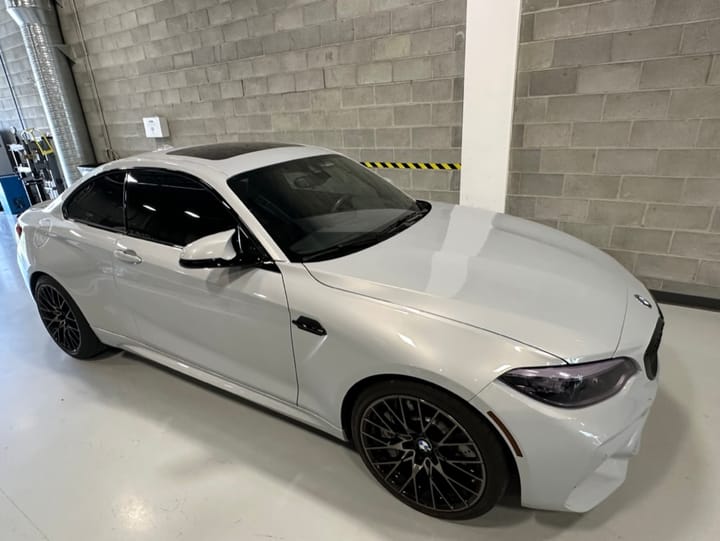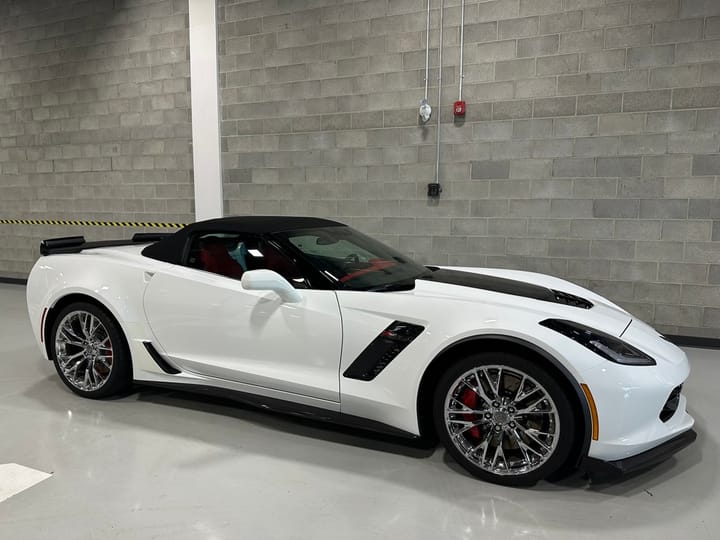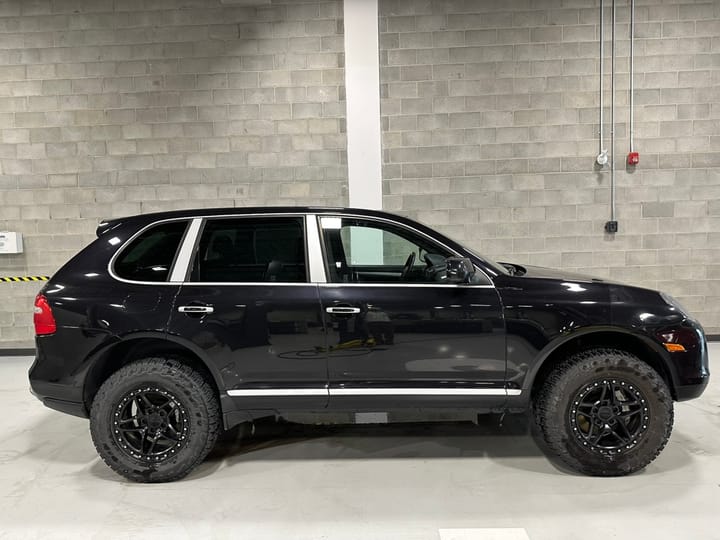Supply Chain Woes

Supply Chain Woes And Depreciation (or lack thereof)
A global supply network of 'Tier 1' companies supplying finished assemblies just in time, just in place leads to ultra efficient manufacturing. The logistics and complexity that have been mastered by automobile manufacturers is truly a wonder. Porsche's assembly line and associated logistics in Stuttgart is at least as impressive as the cars themselves. It isn't indestructible though, and we've seen natural disasters, the pandemic, chip shortages, 4000 vehicle 'ROLO' ships sink to the bottom of the ocean, and now a war, make a horrible mess of everything. Not for the supply of wiring harnesses, we can all hope the suffering in Ukraine stops.
Vulnerabilities for both corporations and governments have been fully exposed. The US Government must be talking to Intel and other American chip manufacturers and asking them why all the most advanced chips are coming from Taiwan - which China has their eye on. Manufacturers will be trying to build redundancy with component suppliers. I believe that we will see considerably more vertical integration in the medium and long term, but right now there are almost no cars on dealer lots.
I have been helping several clients with Mercedes-Benz, BMW's, and others and the situation is all the same; "There are no new cars, we don't know when we can get an allocation but it is probably a year away, or more. If you want a used car, it is the same price as a new one - even if it is several years old. Oh and the prices are set to go up without notice, and we have a new range of dealer adds and fees that we are adding to each car". A sellers market then.
At least you are doing well if you are selling a used car. I got almost 90% of the purchase price for my Toyota Tundra after 2 years and 30,000km hard camping km. Others are getting 100% of their money back on a late model car. Radio ads from dealers which used to flog low payments are now begging to buy your car.
Pre-COVID, cars had fairly predictable depreciation curves. A typical luxury car that cost $100,000 when new would depreciate 40% every 3 years. A 3 year old car would be worth $60,000, a six year old car $36,000, and a nine year old car $21,600. After that the values would hit a floor, and prices would be based more on condition and mileage rather than age. Some sports and specialty cars would immediately start appreciating and others would depreciate for 20 years or so, then start climbing.
The depreciation curve is the basis for the algorithm that the various 'Black Book' and other used car guides use. But now there is not much point looking at them because all the curves have changed - and in fact some are straight horizontal lines.
In this market, just about any new car bought at MRSP, even if you have to pay some silly fees, is good value as long as it is the car you want. If you are selling or trading in a car, you are making off like a bandit. The problem is you won't be the first one to come to this conclusion, so finding a new car that you want on a dealer lot can be difficult.
If you are buying a late model used car right now, it is probably because the new one is unavailable. I say that because they are probably the same price! This is where you need to be careful.
It is difficult to predict what the world will be like in 2 years - we certainly couldn't have predicted the last 2. But let's say that everything with the supply chains get sorted out. Manufacturers will start building vehicles absolutely as fast as they can. At some point the supply/demand will stabilize. You may have bought a 2 year old used car and paid MRSP. In two years it will be 4 years old, and with a supply of new cars, your car will now be valued with 4 years of depreciation attached to it. 2 years of ownership will prove to be expensive.
Complicating matters is the shift to hybridization and EV's which looks to radically alter new car selections in coming years. The production of the car you want to wait for may end before you get it, in which case paying too much for the used car might be your only option.
What to do?
The safest thing to do is to find a new car that is on the ground, or order one and be patient. If you need a vehicle immediately and can't find the new one you want, have a look at something that is older, and more fully depreciated - the premium will be less.
And here is hoping that the world will get back to normal.
Lawrence Romanosky, Calgary, Canada
Lromanosky@me.com, 403-607-8625



Comments ()